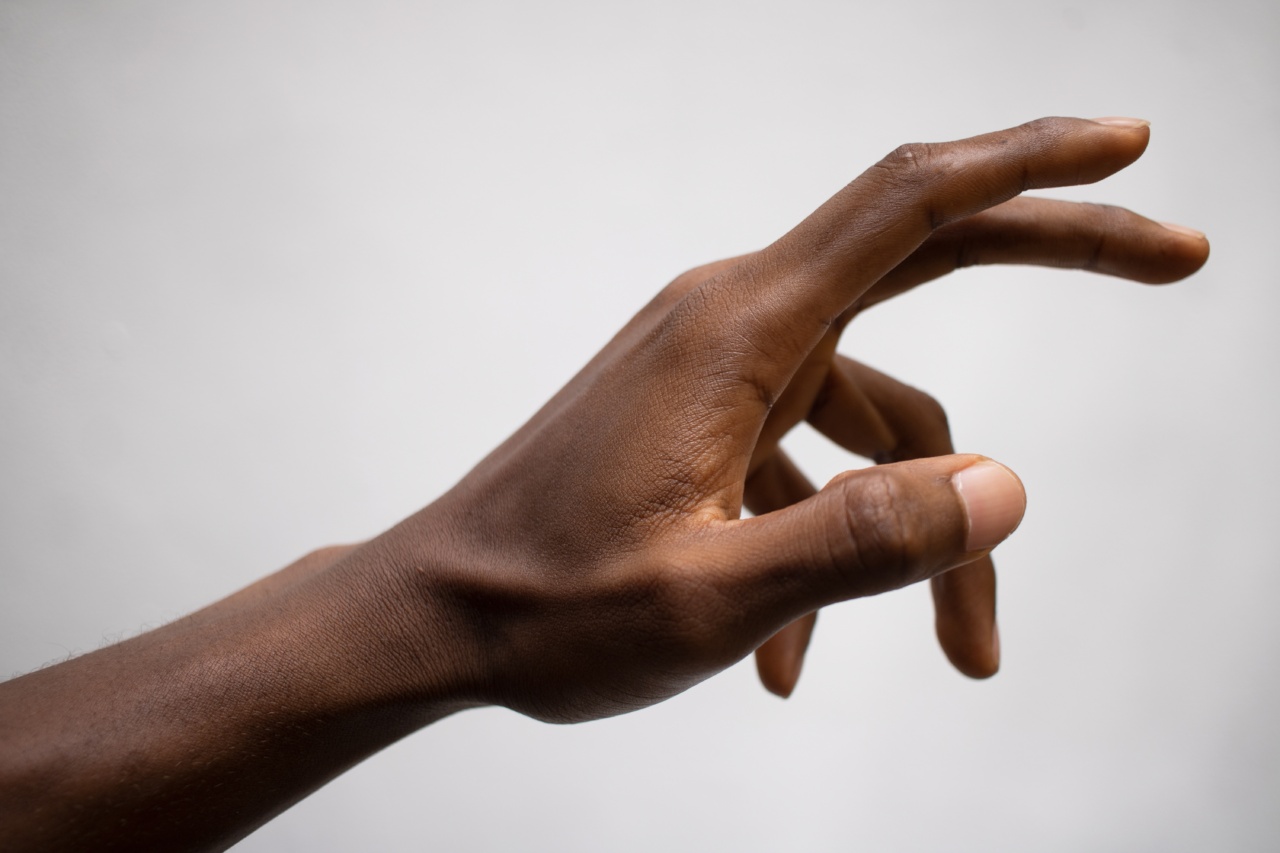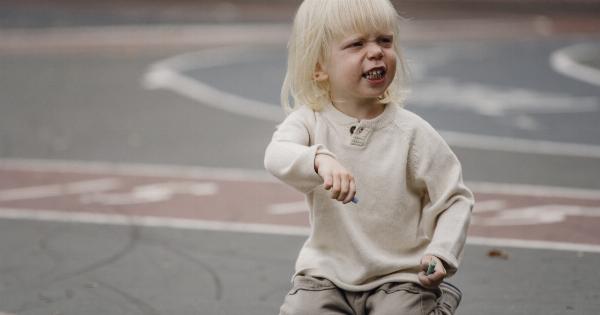Nail biting is a habit that is both common and repetitive. You can see it in people of all ages, and it doesn’t discriminate between genders. From time to time, we all nibble on our nails or get the urge to do so.
However, if nail biting becomes frequent or even stressful, it may be an indicator of something deeper that is happening psychologically. A lot of individuals are unaware that the habit of nail biting may communicate personality traits.
The Nervous Personality
Nail biting is frequently attributed to anxious feelings that cause the individual to gently nibble on their nails as a way to soothe themselves. The higher the stress level, the more severe the nail-biting habit.
It might indicate someone with a lot of nervous energy. Nail biting may also indicate boredom or inactivity, as individuals often find themselves gnawing absentmindedly on their nails while sitting in front of the television.
The Perfectionist Personality
Perfectionism is portrayed through the act of nail biting, particularly in the case of individuals who chew their nails until they are unattractive.
They are reviewing their nails, intending to see something that should not exist and taking action to fix the problem. When there isn’t anything available to fix, they resort to taking out their frustrations on their nails.
The Impulsive Personality
When someone bites their nails, they are engaging in an activity that has been shown to activate the pleasure and reward centers of the brain.
This is because the biting sensation, particularly in challenging or edgy situations, may produce feelings of satisfaction. This sort of action is typical of someone who falls into the “daredevil” or “impulsive” personality type.
The Obsessive-Compulsive Personality
One indication of obsessive-compulsive tendencies is a preoccupation with nail maintenance. Someone who cannot quit picking or pulling their nails, cuticles or skin around the nails away, is likely to fit the definition.
As a consequence, it’s typical for these individuals to have wounds around their nails. This is also referred to as chronic nail-biting.
The Empathetic Personality
Empathy, or a high level of compassion for others, might lead to increased nail biting. This is due to the fact that such individuals are more prone to suffering from depression and anxiety, which may trigger the behavior of nail biting.
The Aggressive Personality
People with aggressive tendencies have been found to bite their nails as a way of exercising their aggression.
Nail biting can become an outlet for the aggression they feel inside, and by biting their nails, they attempt to quiet the “beast” inside.
The Insecure Personality
A lot of individuals who are insecure about their physical appearance, particularly their hands, may be frequent nail-biters. They feel a sense of dissatisfaction with themselves, particularly in this aspect of their appearance.
The Creative Personality
Despite the fact that nail biting is typically classified as a negative character trait, it is often linked to creativity and innovative thinking.
This is because nail biters are sometimes seen as deep thinkers who use a variety of gestures to express their creativity.
The Stubborn Personality
Stubborn individuals may bite their nails regularly as they find it challenging to alter patterns. A controlled and comfortable environment necessitates the same routines, and they will be hesitant to alter anything that feels right to them.
The Overthinker Personality
An overthinking personality, according to research, is linked to highly intelligent individuals. People who over-think consume themselves in their own thoughts.
The habit of nail-biting indicates a need to organize and channel energy, contributing to the over-thinker’s composure in those moments of overthinkings.
Conclusion
Nail biting is more than just a random occurrence. The habit may reflect someone’s personality in many ways, from anxiety-prone individuals to those with an obsessive personality.
Understanding the psychological reasons behind nail biting behavior may be the first step in accepting it and recognizing when it has gone out of control. By understanding the root of nail-biting, people may be capable of getting back in touch with their emotional and psychological coping strategies.





























